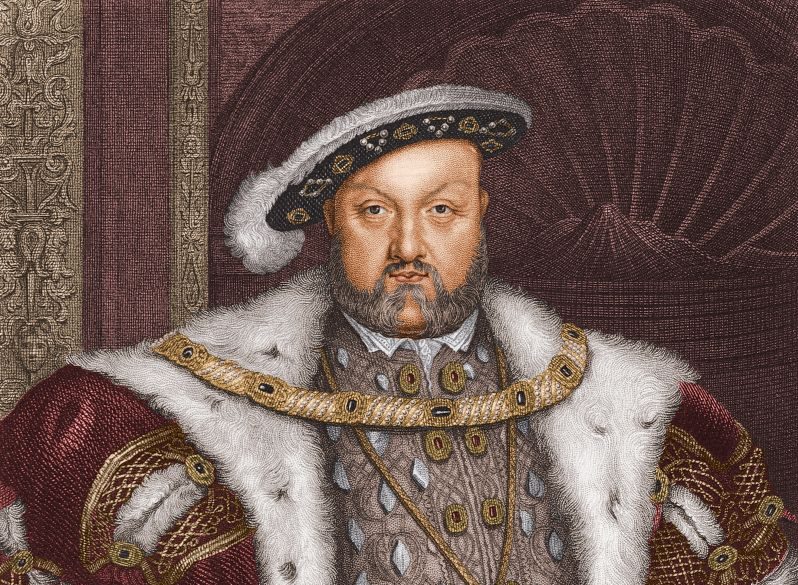As President Biden sank more deeply into the mire this month, kind friends kept urging me to write in his defence, because respect for the old must be maintained in our discourteous society. ‘And why does it matter,’ they added, ‘if he muddles up everyone’s name? We know who he means.’ ‘It’s like sacking the warden of New College for Spoonerisms,’ said one. I nearly succumbed; but since I had observed as early as the mid-1980s that Biden was not quite all there, I did not feel I could stick up for his underlying cognitive coherence nearly 40 years later. Besides, if Donald Trump wins, America will still have an old President, possibly a raging King Lear, with the major difference that he will not have handed on his kingdom to his children in his lifetime. But it is true that being over 80 is not a fault, or even, in all respects, a disadvantage. Old people, rather like little children, are likelier to tell the truth. If they have a job, they do not treat it, as so many younger people do (think Mark Carney or George Osborne) as a springboard for a more lucrative one. They want it to be their last, best thing. What the old are bad at, though, is running things in daily detail. They are better suited for being non-executive chairmen, kings, popes, David Attenborough-figures. And they shouldn’t hurry. Biden’s habit of entering the stage doing a mock run drew attention to the problems of his age rather than rising serenely above them.
I cannot honestly say I shall miss Biden, except for the passing of a certain type of Democrat politician – jocular, Irish, Catholic, Atlanticist, unideological, sentimental, tough, sexist, unashamed to look after ‘our ain folk’. He came from a world in which mayors and convention delegates were more important than spin-doctors and super-donors. Long, long ago, even before Mr Biden entered the Senate in 1972, this Irishry was an anti-establishment counterweight to the WASP political elites, rather as, until the 1970s, British trade union leaders called Ron and Ray, Ken and Len, stood in apposition to all the Etonians and men with Guards ties. It is a regrettable feature of modern America that the differences between white ethnicities have been semi-effaced by its ever-wider ethnic mix. Once highly identifiable Italians, Greeks, Irish, Poles, Germans, Norwegians etc have partially commingled, as have the WASPs, who are frightened of persecution. The only white tribe which remains proudly identifiable are the Jews, and they are being made to suffer for it.
Launching her candidacy, Kamala Harris reminded the world that as a DA and then California’s attorney general, ‘I took on perpetrators of all kinds… I know Donald Trump’s type.’ This won cheers, of course, but she may be making the same mistake as did Hillary Clinton when she spoke of Republicans as the ‘basket of deplorables’. Who will vote for a prosecutor president if they suspect she has people like them in her sights? And when I say ‘people like them’, I don’t just mean criminals: I mean the entire male sex. Democrats assume that demonising Trump is sufficient reason to vote for them, rather as Michael Foot’s Labour party in 1983 thought they had only to shout how wicked Mrs Thatcher was to sweep the country. Labour crashed to its worst result since 1935. Trump is no Thatcher, but the point holds: voters want to know why you are any good more than why you think your opponent is bad.
Belatedly, I am reading Hillbilly Elegy, by Trump’s new running-mate, J.D. Vance. It is excellent. After a bit, I remembered the book it reminds me of – Dreams from my Father, by Barack Obama. Both are tales of success against the odds, Obama being black (or half-black), Vance being Appalachian white poor. Both men went to great law schools – Harvard for Obama, Yale for Vance – and both became famous young. The undeniable merit of both books does not quite conceal the fact that both reflect, unstated, their authors’ burning ambition to become President of the United States of America.
Last month, China issued a set of judicial guidelines for imposing criminal punishments on ‘diehard Taiwanese independence separatists’ for conducting or inciting ‘secession’. These stipulate that those colluding with foreign institutions or individuals deserve particularly severe punishment. They also claim extraterritorial jurisdiction and the right to try in absentia. This applies not only to Taiwan, but everywhere, including to British citizens, in the sense that China asserts its right to enforce this ‘law’ here even though we do not recognise it. It is a good way of intimidating Taiwanese people everywhere, particularly if they are students. China already does this in relation to Hong Kong people, but this is even worse since, as the Taiwanese government points out, it has no Taiwanese jurisdiction whatever. Just one example – there are others most weeks now – of how China is tightening the screws on Taiwan. Are we ready for what might be brewing?
The internal Labour row about whether to scrap the two-child benefit cap is ostensibly a contest between relieving child poverty and cost to the taxpayer. But behind the cap lies a strong, unspoken belief that it is wrong to bring lots of children into the world if you cannot afford them. This doctrine has helped produce the current crisis of underpopulation in large chunks of the world, and works on the indefensible presumption that the poor (i.e. the great majority in human history) should not have children. Given that our indigenous population is well below replacement rate, surely the better child benefit policy would be to pay no child benefit at all until you have three children. Then you would suddenly get a massive bonus, paid out not only for the third child (and subsequent ones) but also triggering payments for the first two, until then withheld. Multiple motherhood would become a jackpot, not a burden, and the future of humanity would be secure.








Comments